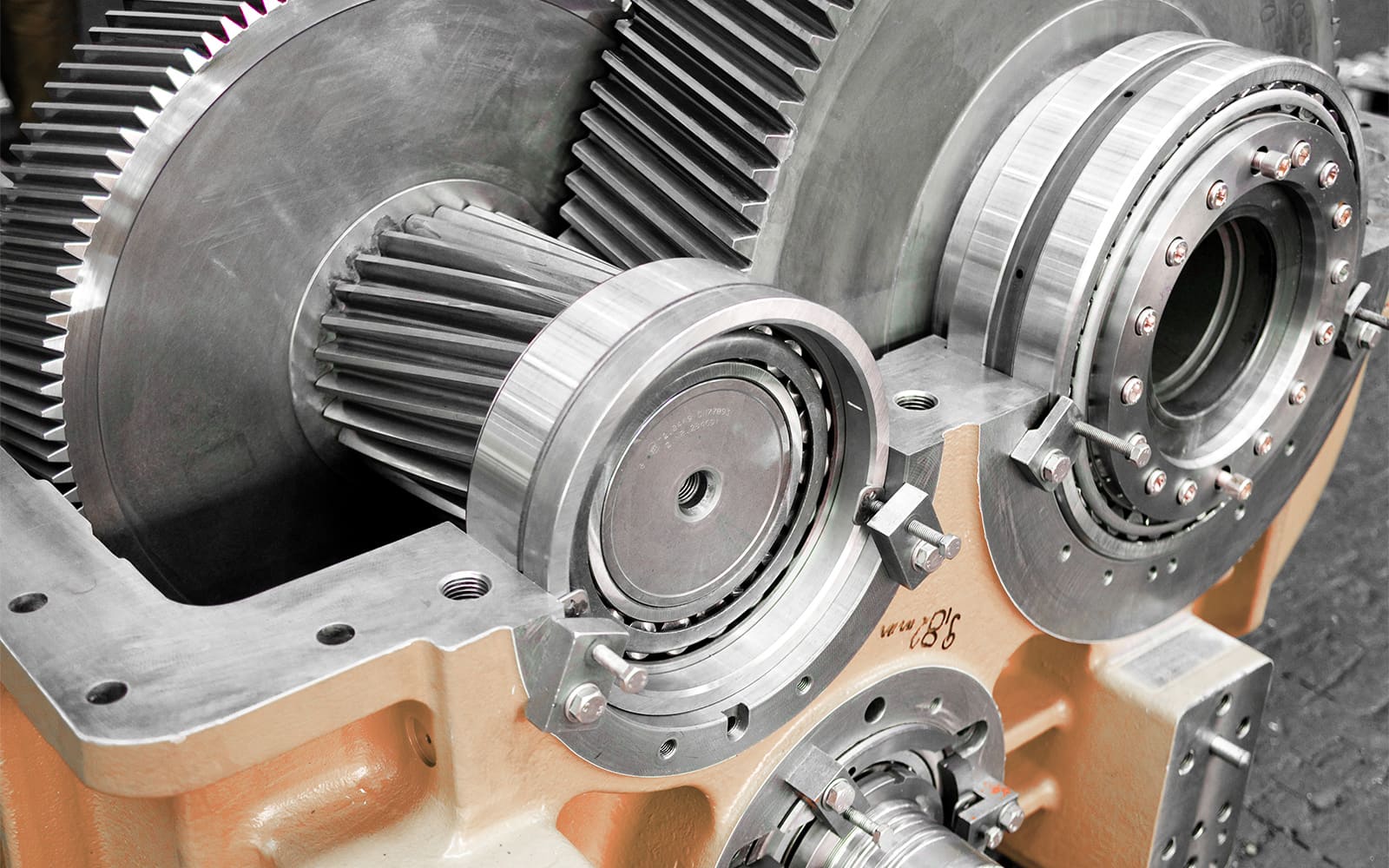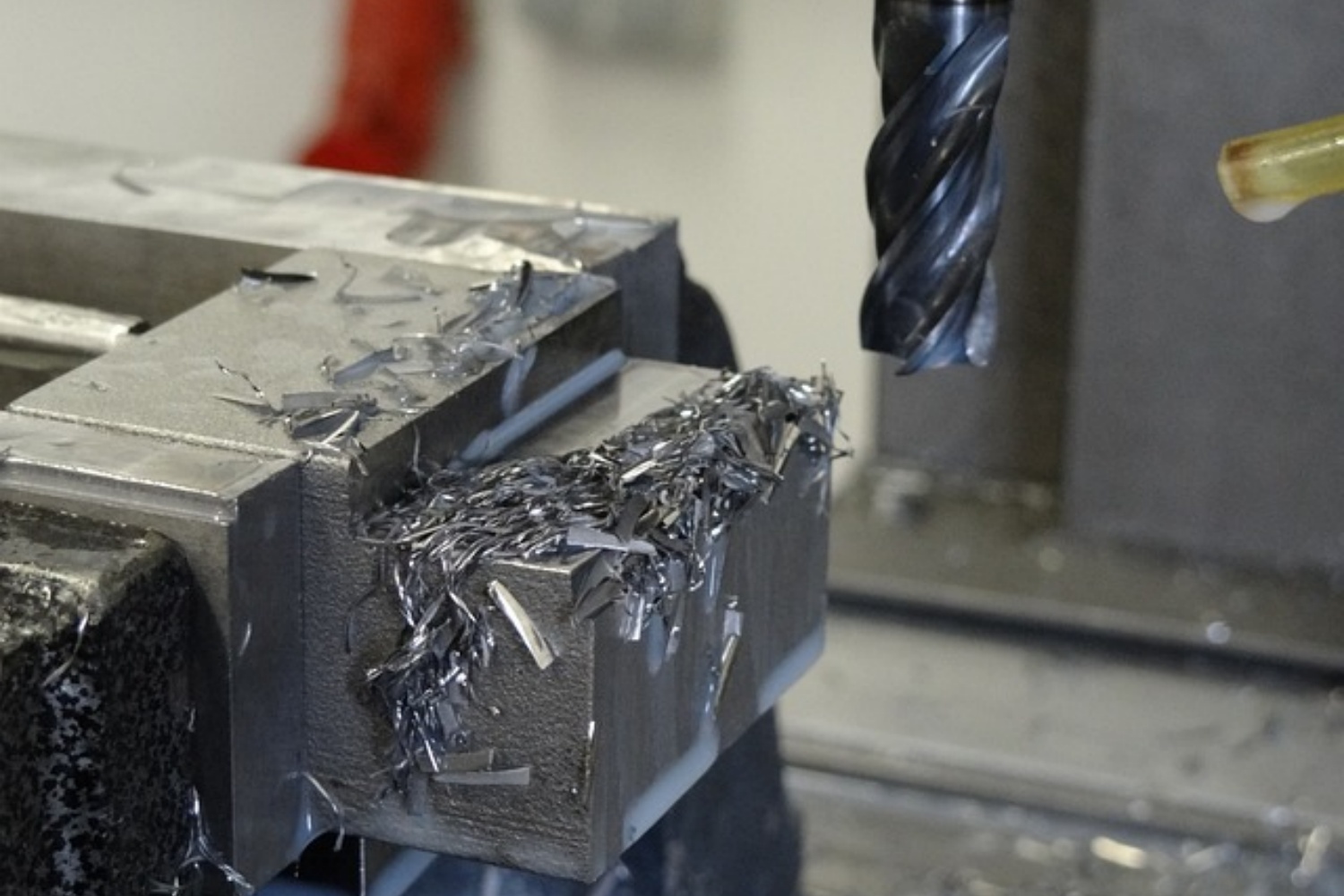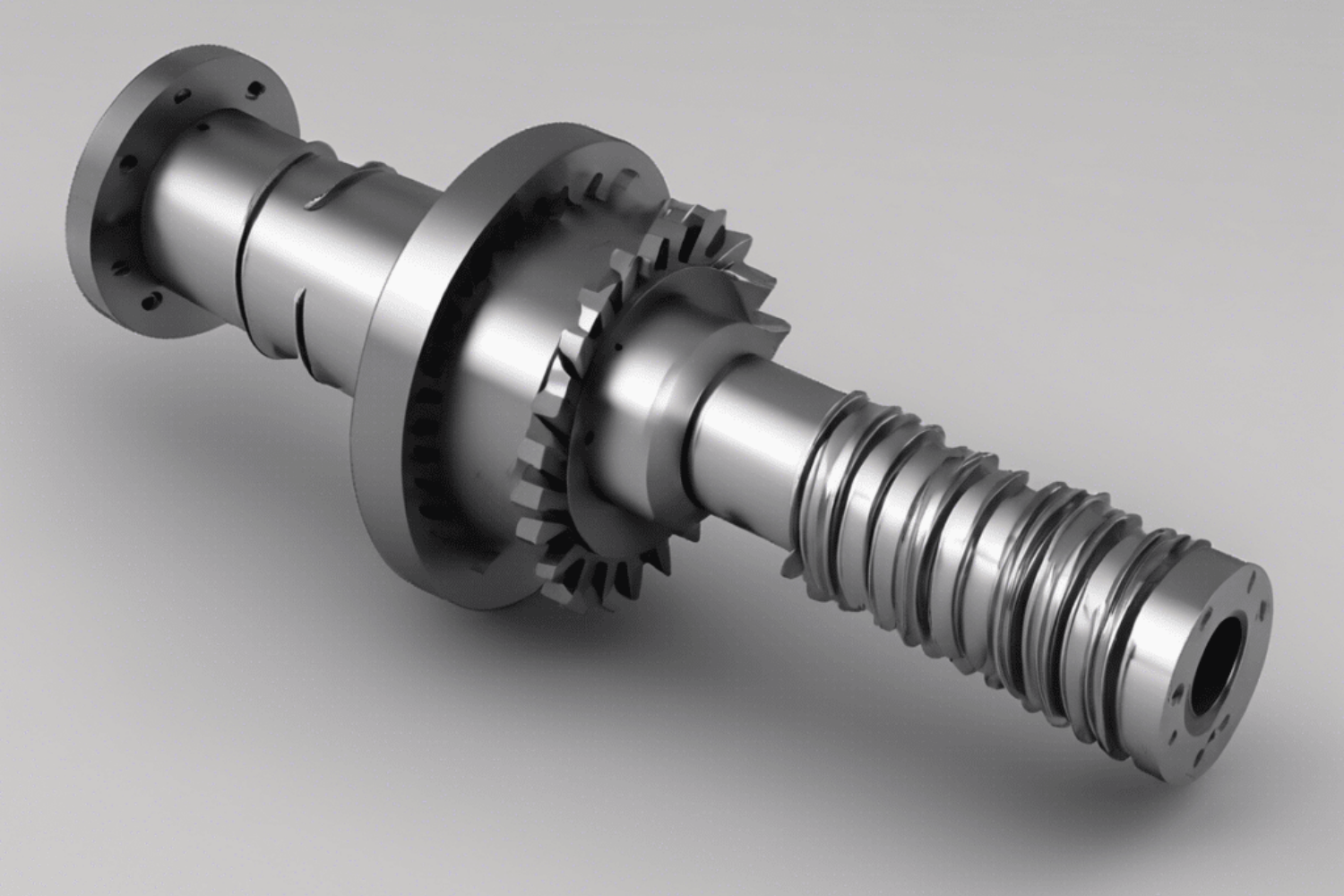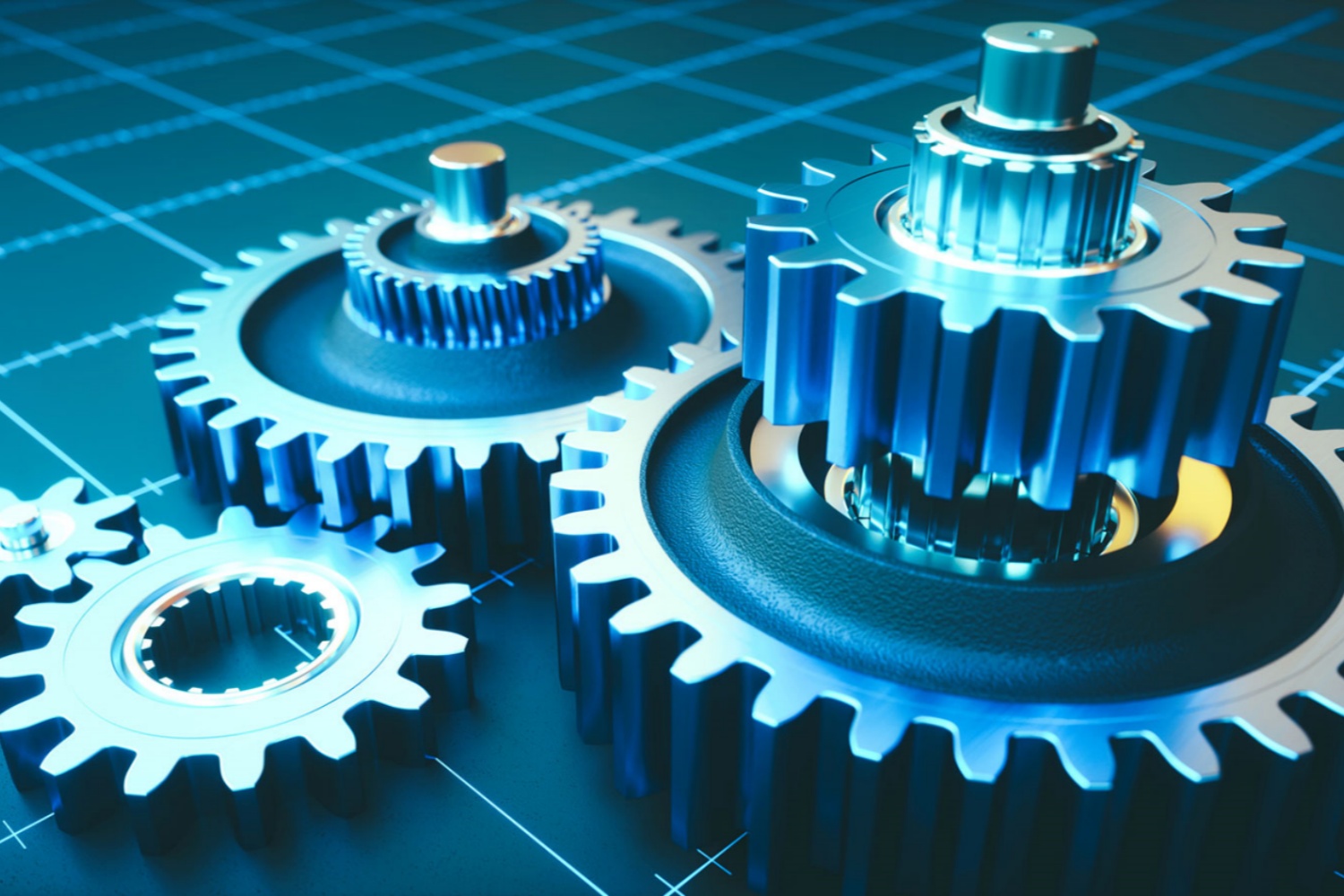Industrial gears are the driving force behind numerous machines and industrial processes. They are a crucial component of many machines, as they convert rotary motion into torque and vice versa. This article delves into the functionality and importance of industrial gears, exploring their role in various industrial applications.
The Essence of Industrial Gears
Gears are essential components of machines that transmit power and motion between shafts, allowing for the conversion of torque and speed. They are found in various industrial applications, including manufacturing, power generation, and many other industrial processes. Gears are available in a range of shapes, sizes, materials, and designs to meet specific operational requirements.
The Functions of Industrial Gears
Industrial gears perform several functions that are essential for the smooth operation of machines:
- Power Transmission: Gears are primarily used to transmit power from one shaft to another, allowing for the conversion of torque and speed. They transmit the rotational force generated by an engine or motor to another component, such as a conveyor or machine tool.
- Motion Conversion: Gears can be used to convert the direction of rotation or change the speed of rotation between shafts. This is essential in many machines that require precise control over the motion of various components.
- Torque Multiplier: By using gears in series or with different tooth ratios, torque can be multiplied, allowing for greater force transmission. This is beneficial in machines that require high torque for various operations.
- Load Distribution: Gears can distribute load between multiple shafts, enabling the machine to handle greater loads or torque more effectively. This improves the overall performance and durability of the machine.
- Synchronization: Gears can be used to synchronize shafts, ensuring that they rotate at a specific ratio or speed relative to each other. This is essential in machines that require precise synchronization between different components or processes.
- Reduction or Acceleration: Gears can be used to reduce the speed of rotation or accelerate it, depending on the tooth ratio between gears. This is beneficial in machines that require precise control over the speed of rotation.
- Flexibility and Efficiency: Industrial gears provide flexibility in power transmission, allowing for various shaft configurations and layouts. They also ensure efficient power transmission, reducing energy losses and wear on the components.
- Durability and Reliability: High-quality industrial gears are designed to withstand rigorous operational conditions, ensuring longevity and reliability in various industrial applications.
Importance of Industrial Gears
The functionality of industrial gears is crucial for the smooth operation of machines and industrial processes. They enable efficient power transmission, precise control over motion, load distribution, synchronization, and torque multiplication. The durability and reliability of industrial gears ensure consistent performance over time, reducing downtime and maintenance costs.
The heart of machines beats with the functionality of industrial gears. These components play a pivotal role in converting torque, transmitting power, and ensuring smooth operation in various industrial applications. As technology continues to evolve, industrial gears will continue to innovate and adapt to meet the growing demands of industry, ensuring efficient, reliable, and long-lasting performance in machines for years to come.
More:The Versatility of Agricultural Machinery Sprocket in Different Farming Practices
CONTINUE READING
Related Posts
Machining plays a pivotal role in modern manufacturing, transforming raw materials into precise components essential for various industries. The process […]
Splined shafts are essential components in various mechanical systems, designed to transmit torque and rotational motion efficiently. Their unique design […]
In the realm of mechanical design and engineering, the choice between custom and standard gear sets is pivotal. This decision […]





